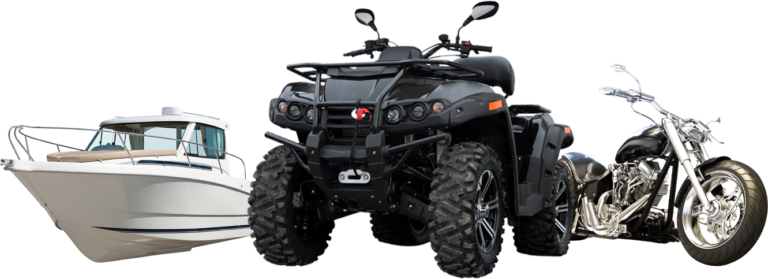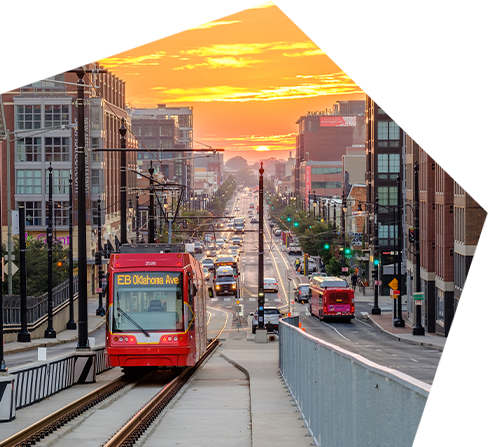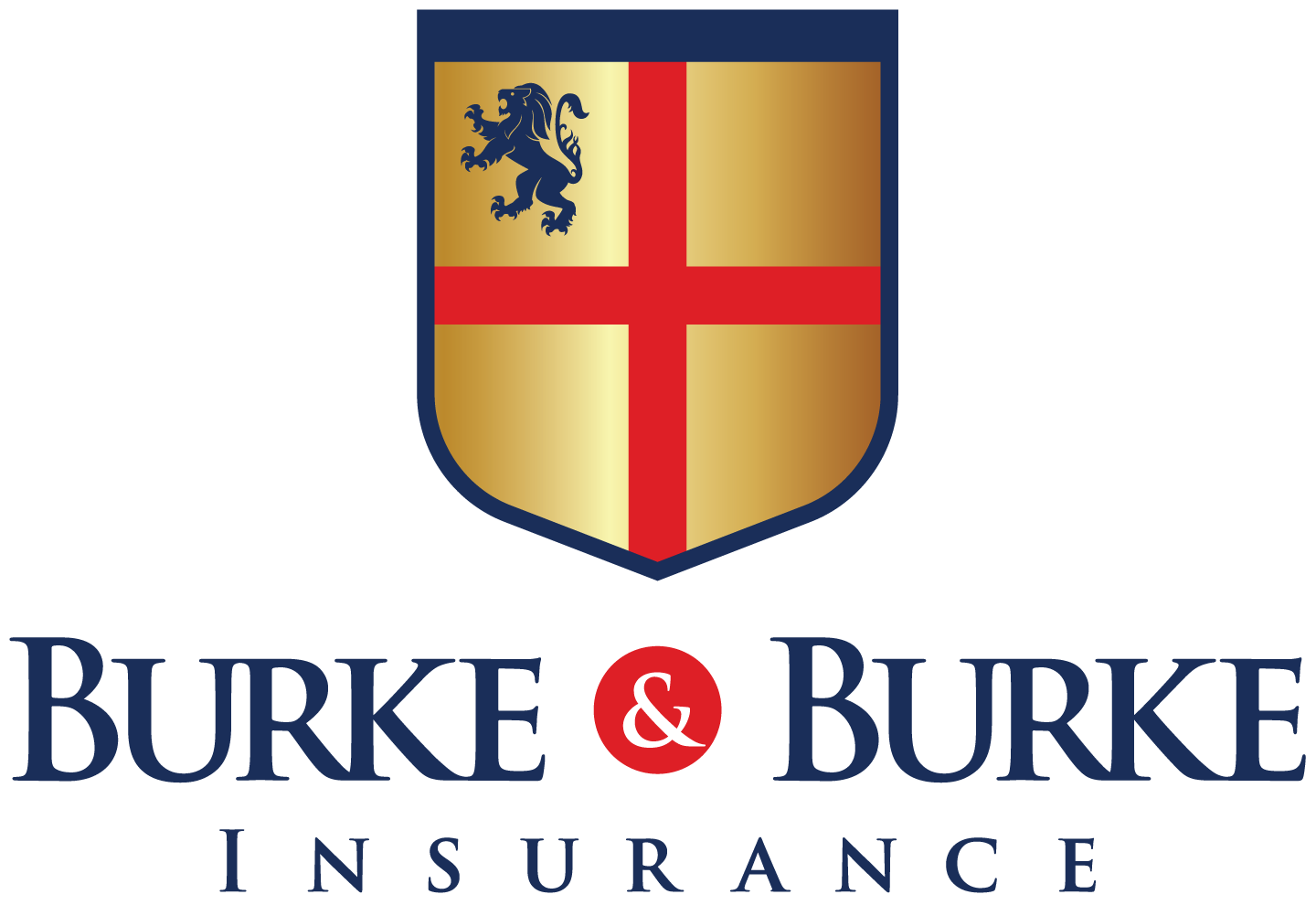RV Insurance
Why Do I Need a Separate RV Policy?
RVs are large and heavy, which means they require extra protection in case of an accident or other incident resulting in damage. Also, as you already know, RVs tend to be expensive, which means you’ll need strong coverage to protect your investment.

What Kind of RV Coverage Does My Family Need?
A typical RV policy includes liability coverage for injuries to other people and damage to their property, uninsured/underinsured motorist, comprehensive, collision, medical payments (personal injury protection), personal effects coverage, rental reimbursement benefits, road assistance service plan or roadside service program.
For the best overall value, make sure your RV policy includes liability, uninsured/underinsured motorist, comprehensive and collision coverage. In most cases, medical payments coverage is not required but can be added to your policy if you have health insurance that doesn’t pay for injuries to passengers in your vehicle.
Set Up Your Protection Now
It’s a good idea to set up your RV insurance coverage before you need it. To learn more about what kind of options you have, contact our team and let us walk you through your choices. Consultations are always free, contact us now!
Other Policies

4115 Annandale Rd Ste. 300 Annandale, VA 22003
50 South Pickett St. #20 Alexandria, VA 22304




